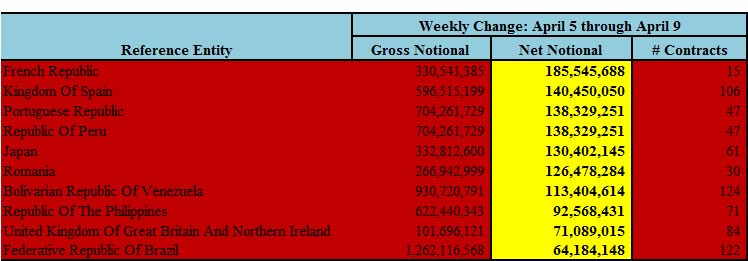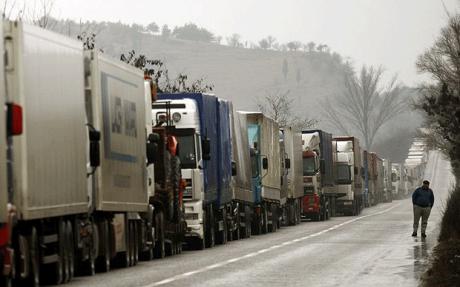The bailout for Greece was never about helping the people. Instead it was a bailout for the banksters with taxpayer money, looting the people.
And the ECB buying up Greek bonds is pure quantitative easing (=printing money=inflation=tax on monetary assets), which will not stabilize, but devalue the euro.
In this case things are a little more complicated because the credit line for the ECB quantitative easing policy comes directly from the US Federal Reserve.

European Central Bank President Jean-Claude Trichet: German central bankers are skeptical about the ECB’s buying-up of Greek bonds.
The European Central Bank has been buying up Greek bonds by the bucketload, even though Athens is already getting money from an EU rescue fund. German central bankers suspect a French plot behind the massive buy-up — after all, it gives French banks the perfect opportunity to get rid of their Greek assets.
The senior members of the German central bank, the Bundesbank, regarded Axel Weber with a look of anticipation. What would Weber, the Bundesbank president, say about the serious crisis that had them all so worried, they wondered? And what did he intend to do about it?
Weber said nothing and, as some who attended the meeting report, even his facial expression was inscrutable. The Bundesbank president remained stone-faced as he acknowledged the latest figures, which indicated that by the end of last week the European Central Bank (ECB) had already spent close to €40 billion ($50 billion) on buying up government bonds from Spain, Portugal, Ireland and, in particular, Greece.
The ECB already has about €25 billion of Greece’s mountain of debt on its books, and it is adding another €2 billion a day, on average. The Bundesbank, which has a 27 percent stake in the ECB, is responsible for €7 billion of the ECB’s Greek government bonds.
Many Bundesbank members are wondering why the ECB is buying Greek bonds in the first place, particularly on this scale, now that the euro-zone countries’ €110 billion bailout package for Greece has been approved, and the first tranche of the funds has already been disbursed.
The general €750 billion rescue fund for the remaining highly indebted countries has been approved but not yet set up. For this reason, it certainly makes sense to stabilize the prices of Spanish, Portuguese and Irish bonds. Nevertheless, some of the central bankers have a sneaking suspicion that there is a French conspiracy at work.
Helping French Banks
Read moreECB Buying Up Greek Bonds; German Central Bankers Suspect French Intrigue










